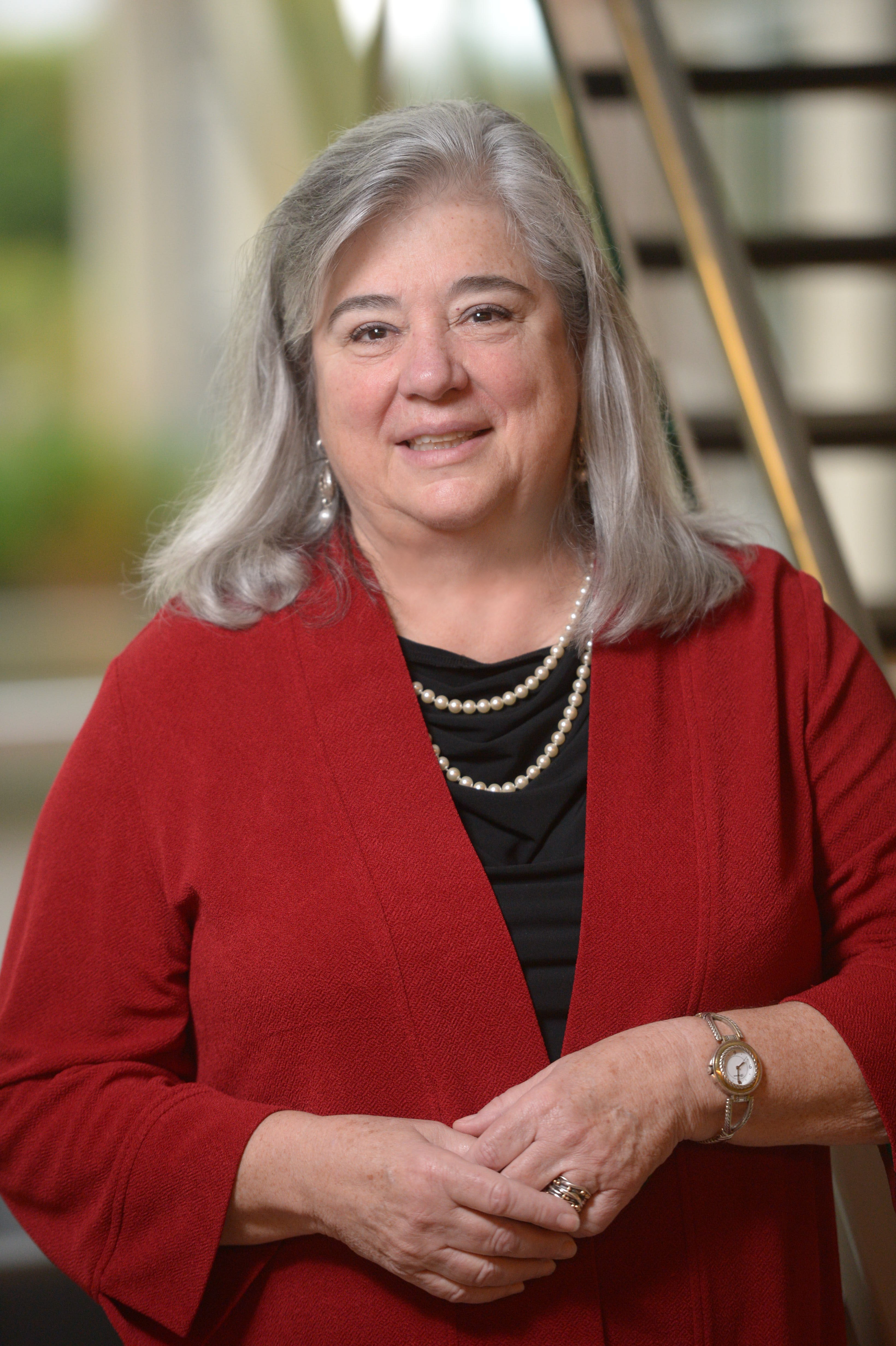ONS reaps value and benefits from its many collaborations and teamwork—whether between members and staff the Society’s own partnerships with and memberships in other organizations. You may see the outcomes that ONS achieves from those organizational relationships, but you may not yet realize the direct benefit they have for you as well.

The International Society of Nurses in Cancer Care (ISNCC) is an organization whose full members are national cancer nursing organizations. ONS has been a full member in support of its mission to “maximize the influence of nursing to reduce the global burden of cancer” since ISNCC was formed in 1984. ISNCC has two other membership categories, associate and corporate, but only full members may vote for actions such as electing the board and approving agenda items at business meetings.
As an ONS member, you are also an ISNCC member with privileges and benefits such as:
- Discounted rate for the International Conference on Cancer Nursing
- Access to online programs, courses, and other resources
- Participation (no voting) in the general business meeting
- Participation in ISNCC committees
- Eligibility to run for the board of directors
The American Nurses Association (ANA) also has a membership category for other nursing societies, which it calls Organizational Affiliates (OAs). OAs have defined voting privileges, including for board elections and issues presented at the annual Membership Assembly meeting that require a vote.
In June 2022, ONS President Jeannine M. Brant, PhD, APRN, AOCN®, FAAN, and I attended both the OA and ANA Membership Assembly meetings. Adding our voice and vote to various issues, such as staffing, bullying and violence in the workplace, and climate change and health, is one way we achieve a united nursing voice. OA meetings allow specialty organizations to share information about our specialties, learn about each other’s advocacy priorities, and discuss issues that the entire nursing profession faces. During the June meeting, I presented the changes ONS made in our process for determining our Board of Directors, which several societies have done and more are considering.
We also are a member of the National Cancer Policy Forum (NCPF), part of the National Academies of Sciences, Engineering, and Medicine. NCPF brings together experts in cancer research and care to address policy issues to reduce the cancer burden. Through workshops, reports, and publications, NCPF informs the public about topics such as basic and translational research, prevention, cancer workforce, and care innovations. ONS has been a member for more than 10 years, with ONS Past President Susan M. Schneider, PhD, RN, AOCN®, FAAN, serving as our current representative. Throughout our membership, our representative was sometimes the only nurse at the workshop planning table, which has benefitted you as ONS members by promoting nurse experts to participate in many NCPF workshops. You can download the reports for free.
Rei Kawakubo said, “Collaborations have no meaning if 1 + 1 does not equal much more than 2.” With respect, I paraphrase his quote: Our memberships have no meaning if 1 + 1 does not equal much more than 2. These memberships do equal more than 2 for ONS and for you.






